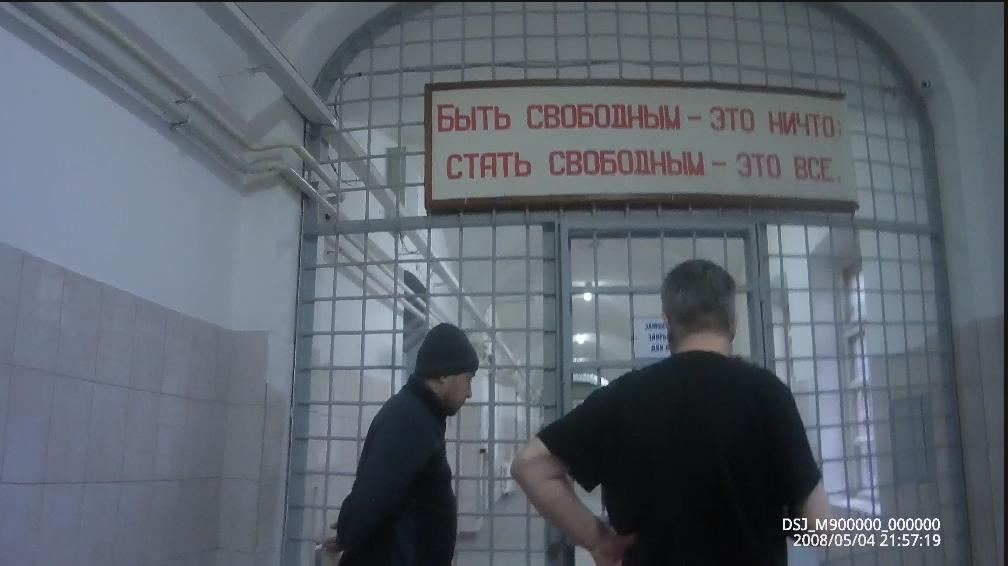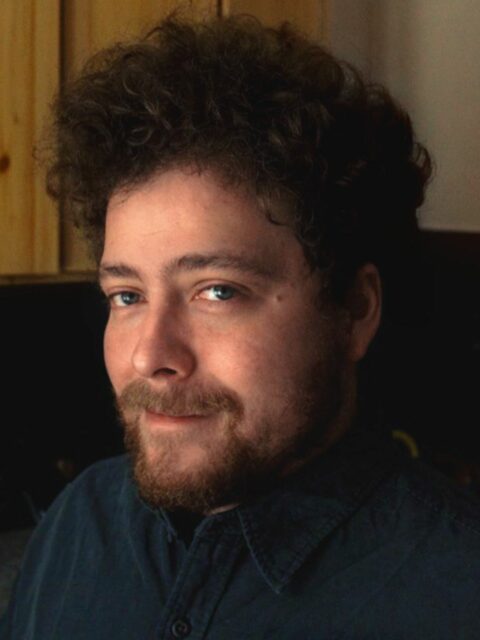Not so far away places
Renato Borrayo Serrano & Yulia Vishnevets / Germany, Georgia & Guatemala
Based on 400+ hours of footage by activist Anya Karetnikova, this interactive documentary experience immerses participants in her work within Russian prisons, exploring resistance within a totalitarian environment, moral dilemmas of trying to change the system from within, and the banality of evil through scripted nonfiction scenarios
This decision-based documentary interactive experience will put the participant in the shoes of Anna Karetnikova, a human rights defender working undercover inside the Russian penitentiary system, whose mission is to help inmates resist and not be crushed by the system.
You’ll watch a documentary scene and take action,
You enter a cell and you have to figure out who is being tortured, and how you should act to help.
Find the truth when everyone is lying, in a system that cannibalizes people turning them against each other. A context where harming is much easier than helping and any error can lead to terrible consequences for the inmates or yourself.
With Ana’s guidance, you’ll have to make challenging paradoxical decisions,
that will lead you through the different layers of the Criminal logic of the system, analyzing actual footage and real-life situations.
You advance in the story finding the right clue and making the correct decisions in a branching narrative structure.
A reality absent from the public discussion about Russia and the war it wages on the values of democracy: how this oppressive machinery is fabricated in prisons and its logic is exported to the whole of society.
This experience is both a cautionary tale on the danger of unlimited power and an experience of reflection on totalitarianism. Anna’s character helps us to answer hopefully but without easy answers to the question of what would happen if you were confronted with a corrupt system based on lies and coercion yourself?


